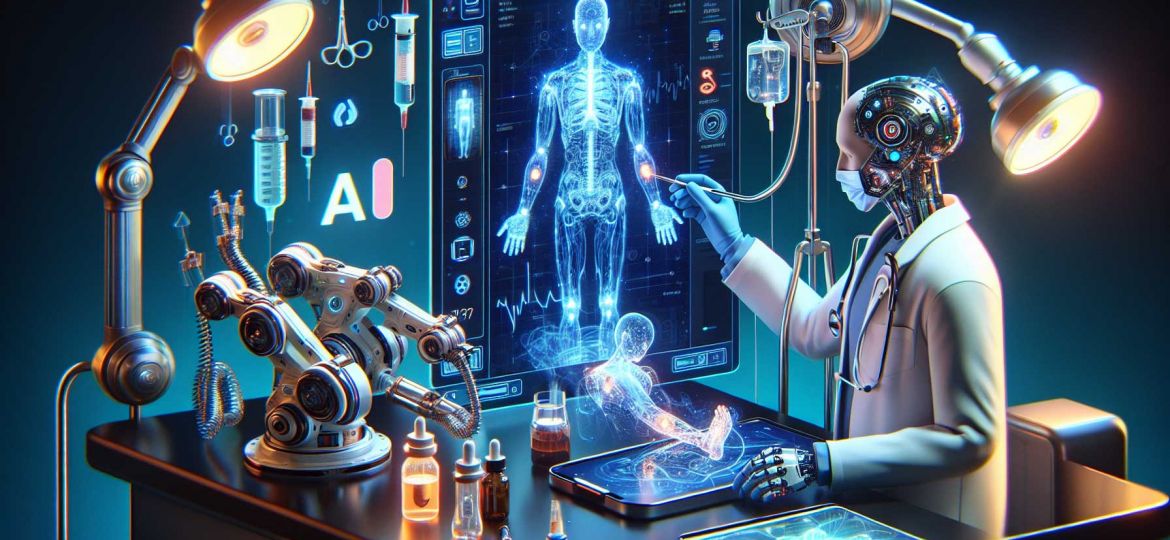
Insight by: Debbie Lin
For several years now, I’ve been telling the medical device companies I work with that they need to think beyond the device and focus on the software. It seems the time has finally come for this transformation. Medical devices are going digital, and digital healthcare is expanding rapidly. I recently read this blog from NVIDIA that highlights how large, traditional medical device companies are embedding software and AI to enhance their products. “Around 700 FDA-cleared, AI-enabled medical devices are now on the market — more than 10x the number available in 2020.” Gone are the days when devices were just about intricate hardware – software is now the driving force.
GE Healthcare & NVIDIA: A Dynamic Duo
GE Healthcare is setting the pace by partnering with NVIDIA. They’ve developed SonoSAMTrack, an AI tool that makes ultrasound analysis a breeze. Imagine being able to track and analyze organs and lesions with just a few clicks. It’s all about making diagnostics faster and more accurate, and this tech does just that.
Johnson & Johnson MedTech: AI in Surgery
Over at Johnson & Johnson MedTech, they’re taking surgery to the next level with AI. By working with NVIDIA, they’re testing new capabilities that provide real-time insights during surgeries. This means surgeons can get the support they need before, during, and after operations, making procedures safer and more efficient.
Philips & BioTelemetry: Monitoring from Home
Philips isn’t lagging behind either. They acquired BioTelemetry in 2021, a company specializing in cardiac monitoring. With AI-powered heart monitors, Philips can now offer top-notch remote monitoring solutions, bringing hospital-grade care straight to your home. It’s all about keeping tabs on your health no matter where you are.
Medtronic & Medicrea: AI in Spinal Surgery
In 2020, Medtronic made waves by acquiring Medicrea, a pioneer in AI-driven spinal surgery. With a massive database of over 6,000 surgical cases, they’re enhancing their portfolio with cutting-edge surgical planning and robotic-assisted surgery. This acquisition shows how AI can revolutionize This acquisition shows how AI can revolutionize even the most complex medical procedures.
Medtronic & Cosmo Pharmaceuticals: Advancing Endoscopy
Most recently at the end of 2023, Medtronic also expanded its AI-driven portfolio by partnering with Cosmo Pharmaceuticals. This collaboration focuses on the GI Genius™ intelligent endoscopy module, which uses AI to improve polyp detection during colonoscopies. The deal includes a $100 million upfront payment, plus additional milestone payments, aiming to revolutionize gastrointestinal care through AI.
Why This Matters
The integration of AI into medical devices means continuous improvements, better patient outcomes, streamlined healthcare processes, and making workflow for clinicians more efficient and predictable.
The bottom line? The future of medtech is software-defined, and AI is at the heart of this transformation. Devices without a software component are becoming a thing of the past, making way for smarter, more efficient healthcare solutions.




